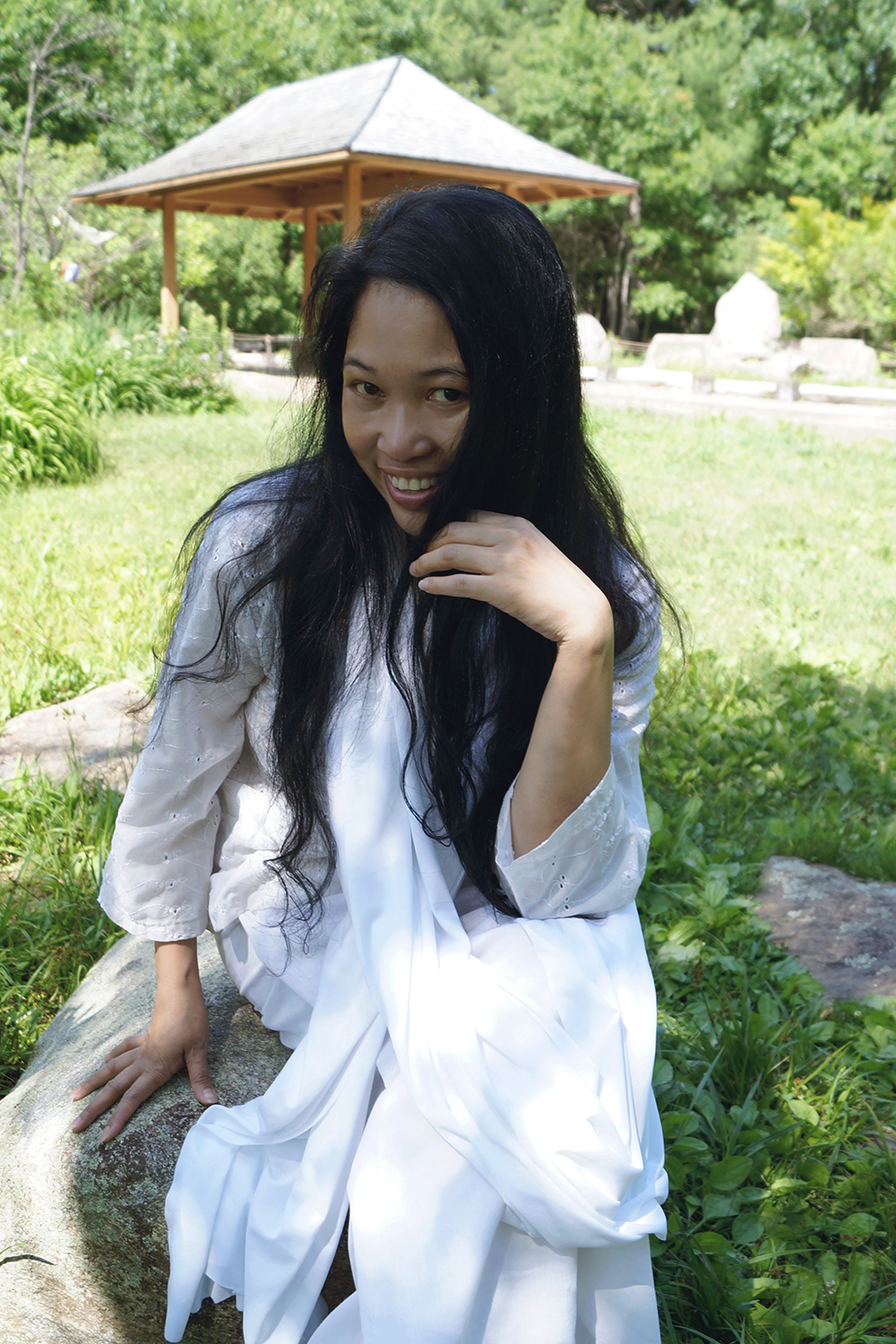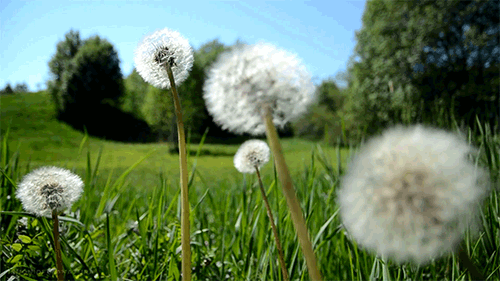-
Comment June 29, 2015
-
Vipassana meditation
Comment June 29, 2015Vipassana meditation at the Peace Meditation Center, Wat Kirivongsa Bopharam in Massachusetts.
by Ajahn Chah
Meditation is not separate from the rest of life. All situations provide opportunity to practice, to grow in wisdom and compassion. Ajahn Chah teaches that the right effort for us is to be mindful in all circumstances without running away from the world but to learn to act without grasping or attachment.
Furthermore, he insists that the foundation of a spiritual life is virtue. Although virtue is neglected in our modern society, it must be understood and honoured as a fundamental part of meditation. Virtue means taking care so that we do not harm other beings by thought, word, or deed. This respect and caring puts us into a harmonious relationship with all life around us. Only when our words and deeds come from kindness can we quiet the mind and open the heart. The practice of non-harming is the way to begin turning all life situations into practice.
To further establish our lives on the Middle Way, Ajahn Chah recommends moderation and self reliance. A life of excess is difficult soil for the growth of wisdom. To take care with the basics-such as moderation in eating, sleeping, and in speech-helps bring the inner life into balance. It also develops the power of self-reliance. Don’t imitate the way others practice or compare yourself to them, Ajahn Chah cautions; just let them be. It is hard enough to watch your own mind, so why add the burden of judging others. Learn to use your own breath and everyday life as the place of meditation and you will surely grow in wisdom.
Meditation in Action
Proper effort is not the effort to make something particular happen. It is the effort to be aware and awake in each moment, the effort to overcome laziness and defilement, the effort to make each activity of our day meditation.
-
Love fight for kitties
Comment June 27, 2015How to play with your cat: Playtime isn’t just for cats—it’s for their people, too. Your cat’s speed and grace will amaze you as she dashes about, trying to catch her “prey.”
Toss a crumpled ball of paper for her to chase—she may even bring it back to you. Some cats love to “fetch” so much that they will actually initiate the game by dropping a toy in your lap for you to throw. Source: The Humane Society of the United States
-
Kitties’ toys
Comment June 27, 2015Why it’s important for cats to play: Toys and regular playtime are part of providing your cat with a stimulating environment, which makes for a happy and healthy cat. Play gives them an outlet for their energy, mental and physical stimulation, the opportunity to satisfy their instinctual hunting drive and a chance to bond with you. Source: The Humane Society of the United States
-
Two sweet words
Comment June 27, 2015 -
Be mindful, be compassionate
Comment June 26, 2015 -
If we want to go further
Comment June 26, 2015 -
Understand this world
Comment June 26, 2015How many times have you tried to solve “the problem”? you’ll be trying to solve
it not just until you die but for many more lifetimes. Instead, understand that this world
is just the play of the senses. It’s the five khandhas doing their thing; it has nothing to do
with you. It’s just people being people, the world being the world. ~Ajahn Brahm -
Wisdom and clarity
Comment June 26, 2015 -
Love in Buddhism
Comment June 26, 2015

















